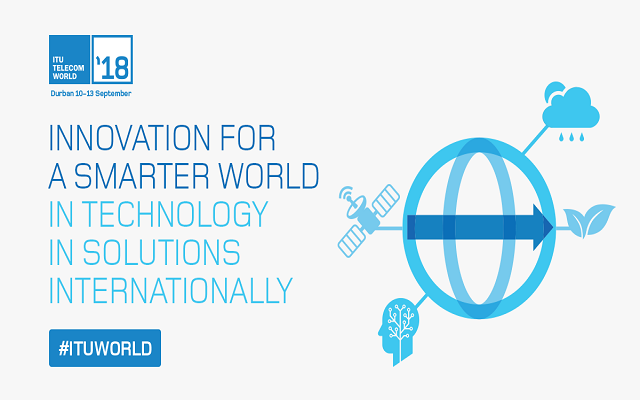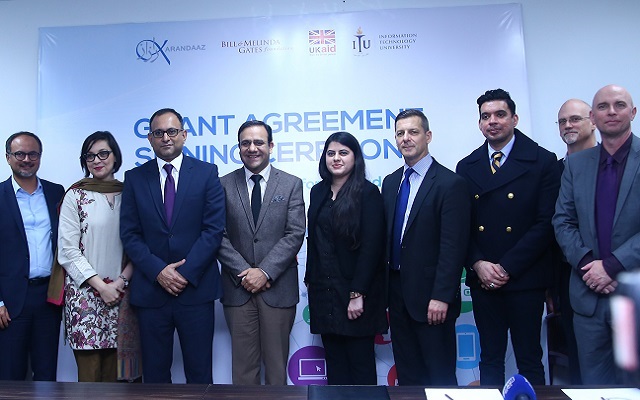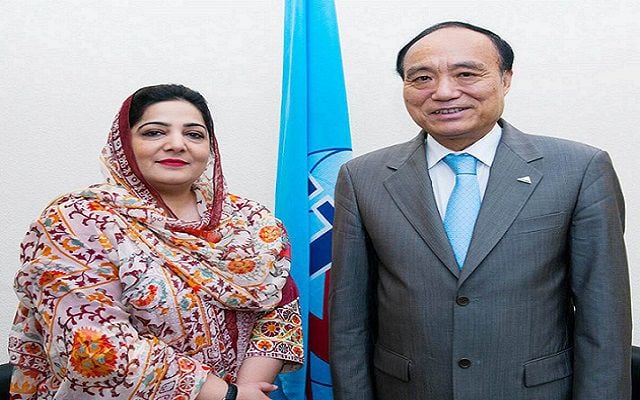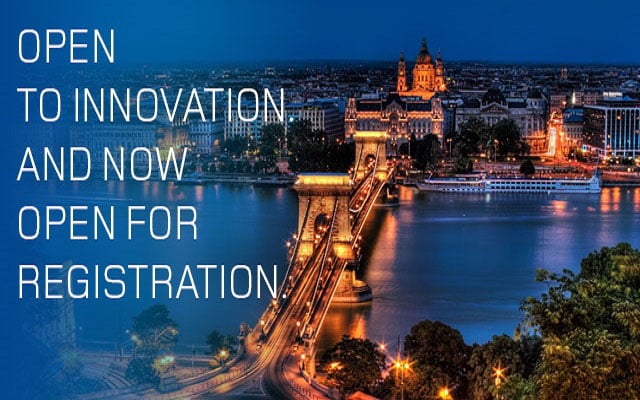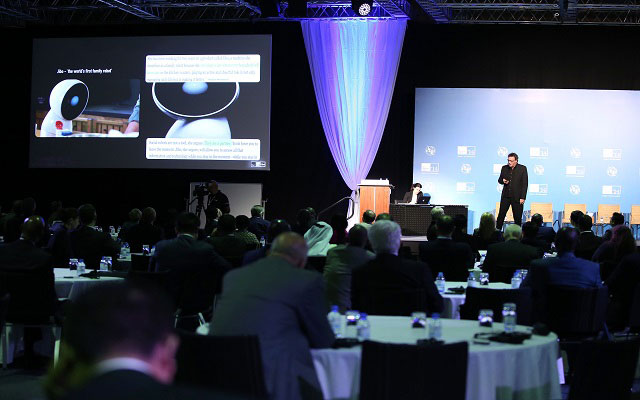Fostering the Future: Why SMEs Matter So Much
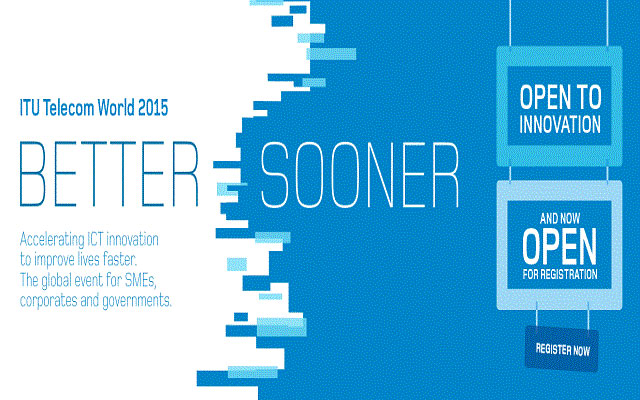
This year marks the 150th anniversary of the International Telecommunication Union. The oldest agency of the United Nations, it has grown steadily from its origins in the days of the telegraph through radio, television, satellite, mobile and Internet to today’s emerging technologies, encompassing a membership of 193 Member States and over 700 private sector entities, civil society and academic institutions.
It has a tradition of consensus building between public and private sectors, tackling a wide range of issues affecting the ICT sector and working to ensure the connectivity to bring the benefits of the information society to all the world’s citizens. It has a powerful and diverse membership with global reach, a proud past – and an ambitious future.
That future is one in which it is increasingly the small, the innovative and even the micro that are driving development throughout the ICT ecosystem in all corners of the globe. Small and medium enterprises (SMEs), micro and local businesses, start-ups and entrepreneurs are critical to ensuring economic growth in a sustainable and inclusive manner across developed and emerging economies alike, representing up to 60% of national GDP in some nations – and as much as 70% of jobs globally.
ICT start-ups and entrepreneurs, and the solutions, applications and innovations they develop, are a fundamental source of new jobs in the knowledge economy, with tremendous potential to grow global, regional and national economies. Flexible, adaptable, scalable and responsive, they can operate and innovate anywhere there is connectivity – and make a long-lasting impact on both our societies and markets.
Central to the future of the industry, SMEs, entrepreneurs and ICT innovators are also central to the future of ITU. Which is why we are working hard to support and foster the growth of small and innovative players in the sector to help them and take the industry forward.
SMEs and entrepreneurs face very specific challenges, in particular an urgent need for human capacity building to develop local skilled talent, access to new markets and sectors, and investment. Funding, whether from government, corporate or NGO sectors, is critical to take ideas to scale and gain critical mass – yet is always in short supply and often extremely difficult to locate and secure. Regulatory barriers are intimidating, in particular in converged markets where the rules and approaches are perhaps unclear, outdated or an ongoing work in progress.
Many government initiatives aimed at supporting digital entrepreneurship already exist, from national programmes seeking to foster innovation to technology parks and hubs, business incubators, accelerators and supportive regulatory regimes. But there is a pressing need for a wider platform to share good practice, to bring together ideas and initiatives that have proved successful, to facilitate connections between innovators, investors, industry and governments – a neutral, international platform to promote global collaboration and foster SMEs in the ICT sector for economic growth and social good.
This is where ITU, with its well-established role as a central meeting place for public and private sectors from emerging and developed economies across the entire ICT ecosystem, has a vital role to play. This is where the connections, experience and expertise of a major worldwide organization can serve the interests of small and micro businesses, innovators and entrepreneurs – and the socio-economic development they deliver.
And this is why ITU Telecom World 2015, taking place from 12 – 15 October in Budapest, Hungary, will focus strongly on the role of SMEs, and the hubs, accelerators and incubators that support and nurture them, providing the only international platform to exhibit innovative solutions, share results, promote global collaboration and enable digital entrepreneurship. It is a unique opportunity to join ministers, regulators, ICT leaders and experts from emerging and developed markets, exchanging knowledge and connections, tackling together the issues and interests that define them. Bringing this issue to the table at ITU Telecom World, highlighting its importance and the opportunities and the challenges SMEs face, is essential to move forward the pace of development, take innovation to scale and improve lives everywhere.
It promises to be a fascinating event – and an important step in ITU’s continued evolution in the interests of its diverse membership and citizens the world over.
 Posted by Houlin Zhao, ITU Secretary-General
Posted by Houlin Zhao, ITU Secretary-General
Houlin Zhao was elected as Secretary General of the ITU at the ITU Plenipotentiary Conference 2014 in Busan, Republic of Korea, and took office on 1 January 2015. Mr. Zhao was elected ITU Deputy Secretary-General at the Plenipotentiary Conference in Antalya, Turkey, in November 2006 and re-elected for a second four-year term in Guadalajara, Mexico, in October 2010. From 1999 to 2006, he served as Director of ITU’s Telecommunication Standardization Bureau (TSB) with his first election at PP-98 in Minneapolis, USA and again at PP-02 in Marrakesh, Morocco. From 1986-1998, he worked at ITU headquarters, as an Engineer/Councellor. Mr Zhao graduated from Nanjing University of Posts and Telecommunications, and holds an MSc in Telematics from the University of Essex in the UK.
The blog appeared on ITU Telecom World-15
PTA Taxes Portal
Find PTA Taxes on All Phones on a Single Page using the PhoneWorld PTA Taxes Portal
Explore NowFollow us on Google News!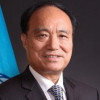 Posted by Houlin Zhao, ITU Secretary-General
Posted by Houlin Zhao, ITU Secretary-General